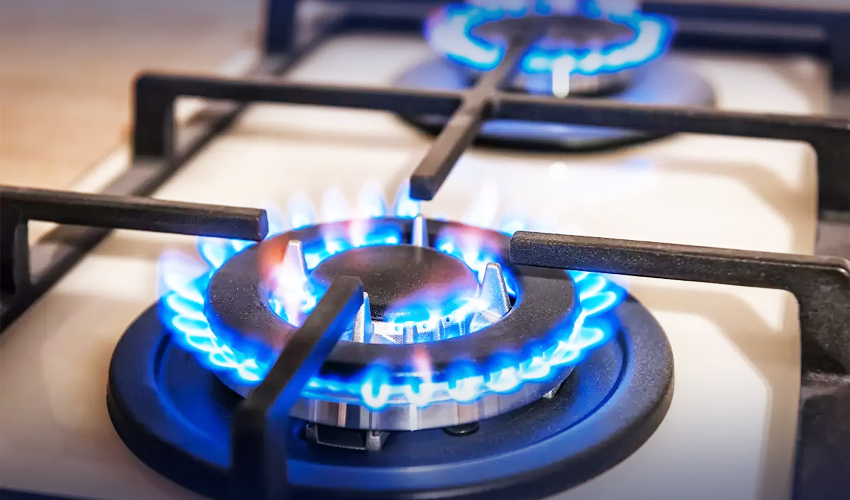Pakistani households are facing the prospect of yet another blow to their budgets as the Oil and Gas Regulatory Authority (OGRA) proposes a further increase in gas prices. This comes on top of a staggering 172% hike implemented in November, highlighting the growing burden of energy costs in the country.
Chairman of OGRA, Masroor Khan, citing depleting domestic gas reserves and the need for costly import of Liquefied Natural Gas (RLNG), has requested the government to approve the price hike. Sui Northern Gas Pipelines Limited (SNGPL) has further exacerbated the situation by demanding a staggering 131% price increase, adding to the already worrisome scenario.
The proposed hike would significantly impact monthly gas bills, with consumption slabs from 25 to 400 cubic meters witnessing a rise of 50% to 100%. For consumers using above 400 cubic meters, the price per unit will climb from Rs 3100 to Rs 4000 per MMBTU. While the fixed charges for protected consumers (those using less than 25 cubic meters) remain unchanged, the increase in other slabs is likely to be felt acutely by a significant portion of the population.
This latest development comes amidst concerns about dwindling gas reserves. According to OGRA officials, domestic production has fallen short of demand for over a decade, necessitating the import of expensive RLNG. This import gap, coupled with rising global gas prices, has placed immense pressure on the government to bridge the financial gap.
The previous gas price hike in November aimed to address the losses incurred by gas suppliers, which have ballooned from Rs 18 billion annually to a staggering Rs 879 billion. OGRA claims that the price increase has also helped prevent further accumulation of circular debt in the petroleum sector.
A hearing on the gas tariff hike was conducted, allowing stakeholders to present their perspectives. Following this session, Chairman OGRA outlined plans for the next hearing in Peshawar, after which recommendations will be forwarded to the government. Khan underlined the global trend of soaring gas prices, indicating the likelihood of further increases locally.
The initial hike in gas prices was explained by caretaker Energy Minister Muhammad Ali, who highlighted the longstanding issue of inadequate gas production compared to demand. Ali pointed to the increased need for imported gas due to this shortfall. He highlighted the substantial difference in cost between domestic and imported gas, citing the financial strain on gas suppliers.
Emphasizing the impact of the price increase, Ali noted a significant reduction in circular debt within the petroleum sector following the adjustment in gas prices, averting an annual loss of an estimated Rs 400 billion.



























